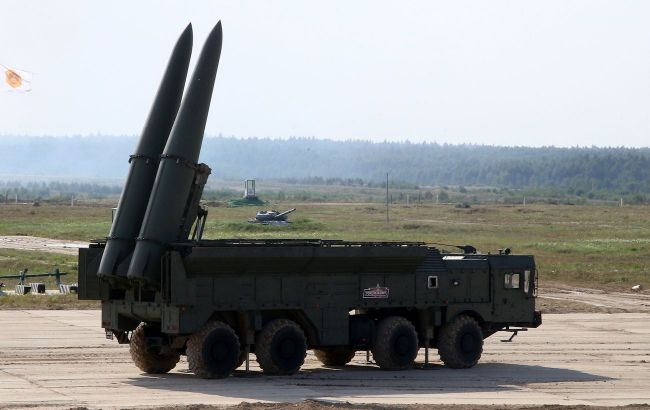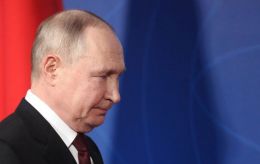US takes no action against its companies whose components Russia uses in missiles - Bloomberg
 Photo: Russian Iskander missile system (getty images)
Photo: Russian Iskander missile system (getty images)
US authorities do not accuse American companies whose products Russia uses in missile production of violating export controls. Their components continue to be supplied to Russia through intermediaries, according to Bloomberg.
In 2022, the US and its allies imposed export controls that banned the supply of a broad range of technologies to Russia to undermine its defense industry. The restrictions made it illegal to supply Western-designed semiconductors to Russia if they could be used for military purposes, even if they were manufactured in China.
However, components produced by several Western companies are regularly found in Russian missiles, such as the Iskander. This includes American companies like Silicon Laboratories Inc., Texas Instruments Inc., Analog Devices, the German firm Infineon Technologies, and the American company with Chinese capital Integrated Silicon Solution Inc. A significant number of the detected parts were made after February 2022.
According to customs data, millions of components produced by Analog and subject to US export controls were shipped to Russia in March 2022. Last year alone, Russia imported Analog components worth $326 million, according to an analysis of Russian trade data conducted by researchers at the Kyiv School of Economics.
The components are not sold directly to Russia; they primarily pass-through companies in China and Hong Kong. American chip manufacturers utilize authorized distributors, which in turn sell to electronics suppliers worldwide.
The US has attempted to stop the flow of missile components to Russia by taking strict measures against these intermediaries. At the end of August, the U.S. Treasury Department announced sanctions against 400 entities for supporting Russia's war against Ukraine, including more than a dozen Hong Kong companies. However, it did not accuse Analog or other American manufacturers of violating export controls.
Analog asserts that it fully complies with export laws, does not endorse the use of its products by the Russian military, and is taking measures to enhance control. Nevertheless, the company's products continue to reach Russia.
Ukrainian officials claim that Western semiconductor companies are not making efforts to monitor their supply chains and halt the flow of chips to Russian military factories.
"Companies can say that they’re not selling anything to Russia, that they’re just selling to some intermediaries. But it doesn’t change the fact that those parts are getting into Russia in huge volumes," said Kyrylo Budanov, head of the Main Intelligence Directorate of the Ministry of Defense, in a comment to Bloomberg.
Budanov stated that the only way to block the Kremlin's ability to shell Ukrainian territory is to stop the flow of semiconductors to Russia. "That’s not happening. Everybody’s averting their eyes from what’s going on," he said.
It is worth noting that in August, the US expanded sanctions against Russia. This time, the measures targeted the defense and metallurgy sectors, as well as the supply of dual-use goods.

